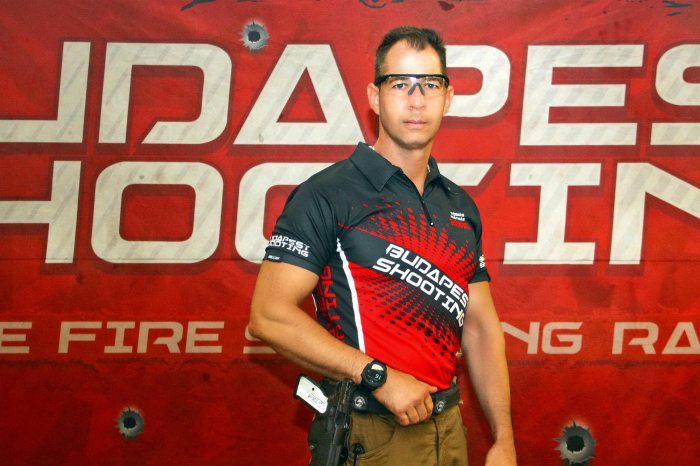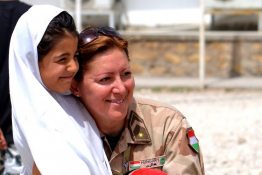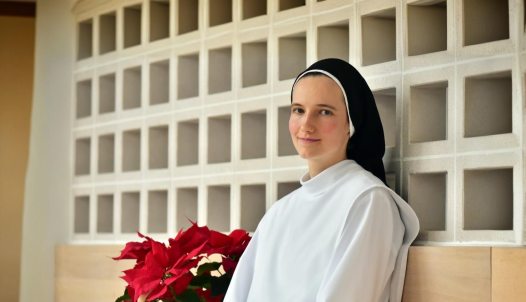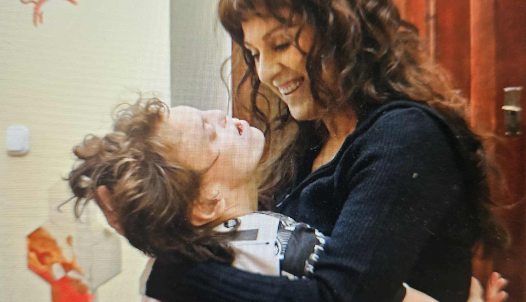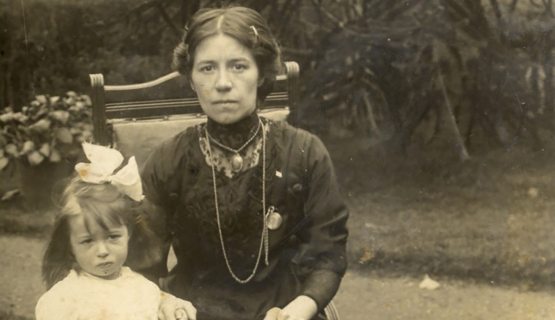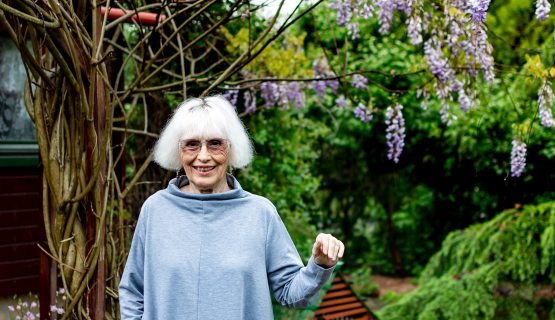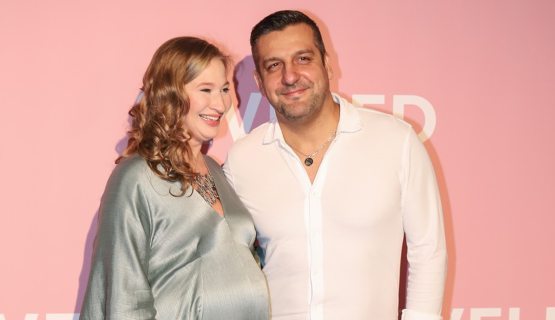"It's hard to pay attention to your surroundings when you have The Terminator standing next to you” – We talked to Schwarzenegger's Hungarian bodyguard
He was bullied as a child and enrolled in martial arts at the age of 14 to protect himself later in life. And - he didn't know it at the time - others. In most of the sports in which he immersed himself, he didn't even stop until the instructor level; he became the best in Hungary at knife hand-to-hand combat and in "the Formula 1 of shooting". And speaking of Formula 1, as a bodyguard, he first accompanied world champion racing driver Fernando Alonso and then went on to work alongside Arnold Schwarzenegger. But how does a Hungarian boy become the bodyguard of The Terminator? Mátyás Tóbiás tells us.
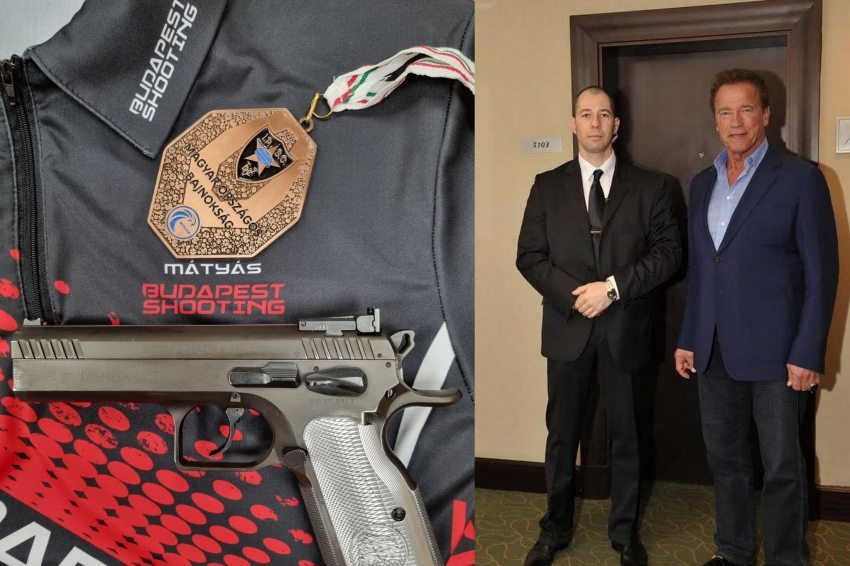
I would have thought you were a lively, feisty little kid. Am I wrong?
I was obedient rather, and patient. My parents worked as teachers and I was often picked on by other children, so I vowed to learn to defend myself. However, at home I was always told to study, to stop playing sports, that's for Olympians. One day, I saw the dragon logo of the Kelemen István Jiu-Jitsu Hall on Madách Square and started to train there. At 14, I was already big in the children's group, so they put me in the adult group where I got beat up very badly. But I didn't give up, I kept reading martial arts books like the Bible. Two years later I switched to aikido, the first sport I became an instructor of.
Why was it important for you to volunteer in the army in the meantime?
I needed the challenge to toughen me up. At the time I even thought I was going to be a detective or a professional soldier. I requested to be placed in Pécs, to join the Depth Reconnaissance Squadron, which had been defending the border from the South Slavic war not long before, but I also trained with the legendary Kálmán Furkó in Szolnok. Without him I wouldn't be here today, he didn't tolerate compromise, but if you did what he asked you to do, you could leave. I learned hand-to-hand combat and parachuting, and I realized that real combat is different from idealized martial arts. The latter is a kind of inner path to spiritual peace, considered by many to be more art than combat. I think everyone gains as much from it as they understand. Those who go to Tai Chi will not become fighters, those who go to Thai boxing are obviously interested in competition, not enlightenment. One is health promotion, the other is results-oriented.
Am I correct that you eventually found your place in the krav maga Israeli self-defense system?
First I was a civilian skydiver, then I worked as a scuba diving assistant for a friend. After skydiving, it was strange to find that I dived more slowly and that while skydiving is a long preparation with short enjoyment, scuba diving is the exact opposite. But I've also been a receptionist at the Saudi embassy and armored truck personnel, too. And krav maga really got me with its practicality. The system is also effective because it is still being refined in Israel today. The coaches noticed me right away, and after being the best in the class I became an instructor of it a year later. Meanwhile, I was also the first Hungarian to complete in kettlebell the so-called "Beast Challenge", which requires you to perform three tasks with a 48 kg iron ball.
I trained for 9 months for this, but success was followed by endless emptiness. Since then I have learned - from the Olympians I trained - that professional athletes and even billionaire businessmen go through the same thing after a big result. They reach their goal, but then what's next?
I understand - before Alonso and Schwarzenegger - that the next step for you was knife fighting and shooting...
I first saw Sayoc Kali knife fighting in the movie "The Hunted" and I wanted to learn it right away, but it was many years later that I had the financial means to do it. Then I only had to travel as far as England, not the USA. Mentally, the training was extremely demanding: we started between 8 and 9 in the morning, stopped twice to eat, and often kept on until after midnight. We had to practice until 'the knife became part of our body'. At night I saw knives coming from everywhere, and in the morning I woke up dizzy. The master told me I looked bad. I said to him because I didn't sleep. Then he called his son to attack me. I didn't even know who I was, but I defended myself with 80% accuracy because my body responded automatically. He says, "do you get the point of the training yet?" I realized then, that the flaw in most martial arts is that they only imitate the attack. It's one thing when someone stabs you who is trying to take your life and wants to go home from the conflict instead of you, and it's another to defend against him so that you can use the knife, you can feel what he's going to do. I have since taught Sayoc to elite police and military units.
As well as teaching situational shooting, you also have taught multiple Olympic water polo champions, like Dr. Tamás Molnár and Norbert Madaras. Did the knife lead you straight to the "Formula 1 of shooting"?
As a kid, we used to go up to Mátrafüred, where I used to shoot air rifles at an old man’s house on weekends, and that was another seed that later took root. I always liked the idea of being in the present when shooting. If you mess up and then think about it, you'll mess up again; if you think about how the next one has to be good, you'll look to the future and you'll mess up again. I started my shooting career almost 20 years ago. I wanted to know the depths of that too, so I studied until I became an instructor. I have won many competitions: this year I won the Hungarian championship, and in 2019 I finished first in the handgun cup of the University of Public Service, ahead of the best police and soldiers of our country.
But I also took hand-to-hand combat further, choreographing the melee scenes in the Hungarian crime film series ”Tűzvonalban”, featuring András Stohl, for two years.
We can say that by the age of 40 you've mastered everything you need to be a bodyguard, so we can move on to Alonso, Schwarzenegger...
My first job as a personal bodyguard was to protect Fernando Alonso's Formula 1 racer. I escorted him between the hotel and the race track, and we went to the Opera House for his birthday party. He's a jolly guy, and as everyone likes him, he didn't need to be protected much. And Arnold Schwarzenegger is an endlessly charismatic, mild-mannered, good-hearted gentleman. "Guys, thank you so much for making the event so nice for me, I was relaxed the whole time, I felt safe, and everything was on time," he said at the end of our work. It's rare for a client to be so direct because there is no communication between us. But on the last day, he offered to take a group photo with us, as well as individual photos with him. Once he opened the door in a towel with a cigar in his mouth, and then I saw how strong he still was. If you spoke to him respectfully, he was really nice. He had an extraordinary charisma, if he had told us to go with him to the North Pole barefoot, we would have followed without a word. And he never forgot where he started from, while he paid a high price for his extraordinary success. One thing was difficult: paying attention to your surroundings when you have the Terminator standing next to you... (laughs)
By the way, beyond this calm personality that characterizes you, what makes someone a good bodyguard?
I was part of a great team at the time, and bodyguarding is a team effort. People think you have "the" bodyguard like Whitney Houston has Kevin Costner in The Bodyguard. But that romantic notion exists only in the imagination of Hollywood screenwriters that the bodyguard comes along, protects the client, beats everyone, shoots well even when blind, drives like Jason Statham, fights like Bruce Lee in his heyday, never gets tired, never bleeds - if he gets hurt, he just gets shot in the shoulder - and finally becomes a lover and takes the girl and the money. It's also a job that takes a lot of preparation, a lot of practice, and it can take a lifetime.
What the bodyguard uses most is his head. He builds everything up in advance, like an algorithm, and then, as events unfold, before anything dangerous can happen, he takes the defended person in another direction.
You have to know your client, and we even knew Arnold's astrological sign and blood type, down to the little things like his dislike of fizzy water. He smokes six cigars a day - when he arrived he was so tired he fell asleep in the jeep with a cigar in his mouth. So a job like this is two or three weeks of preparation, and site visits, from when the elevator was last serviced to what the escape route is in case of a power cut, where the shelter is, or where to transport the person if there's any problem.
Have you ever been in a (life-) threatening situation in your career?
Rather, in my life, because these were not always the result of work. Once our flat burnt down, or we fell into an 8-meter ravine in a car in the Buda hills. I drifted under a lorry and was almost shot in the back with a shotgun. While scuba diving, I was run over by a speedboat in the Red Sea: I was hit on the head, I didn't know where I was, I raised both hands out of reflex. My left arm was tugged and something started hitting it, I thought it was a shark biting it. But I was hit by the end of the boat's rudder, which hit me on the head, and its propeller tugged on my arm. If my diving watch with the metal buckle hadn't taken the first hit, I might not have a left arm today. There was blood everywhere, and the back of my hand and forearm were bleeding, but at least it wasn't a shark. It was then I realized how grateful I am to have two hands and two feet. Then we once crashed in a plane during a parachute training in Gödöllő. At 90 meters altitude, the engine stopped and at that altitude, you cannot jump out. We saw into the branches of the trees, tipped over, crashed, and hit a power line with the crash landing. As we were rushing out of the plane, the power was striking everything.
I think that the fact that we survived is, besides great pilot skills, due to divine intervention, because those who were there have been involved in important tasks ever since.
We haven't talked about everything yet, for example, as a self-defense coach you also train women and civilians on how to protect themselves. But what are you most proud of?
To the lives saved and to those who have returned home safely because of my contribution. The sporting and other achievements are nice but only temporary. I think my life has been all about spiritual development. When I had to become a man, I became a man, which in today's world is not self-evident. When I was a kid and my mom took me to the Friday market, I saw what the kid next door was like before, during, and after his military service. Back then, boys really became men. And it taught me responsibility when, for example, I had to escort an international delegation as a bodyguard and on the first day I sat down with the boss, who said. "You get the best training, equipment, and colleagues, all with different elite unit experience. If anyone of the clients gets hurt, we'll buy you a plane ticket and you'll go to their family to tell them." In the end, from the Saudi prince to Russian, American, and Middle Eastern businessmen, families, and sports delegations, many felt safe with me, and all of that is a source of pride.
